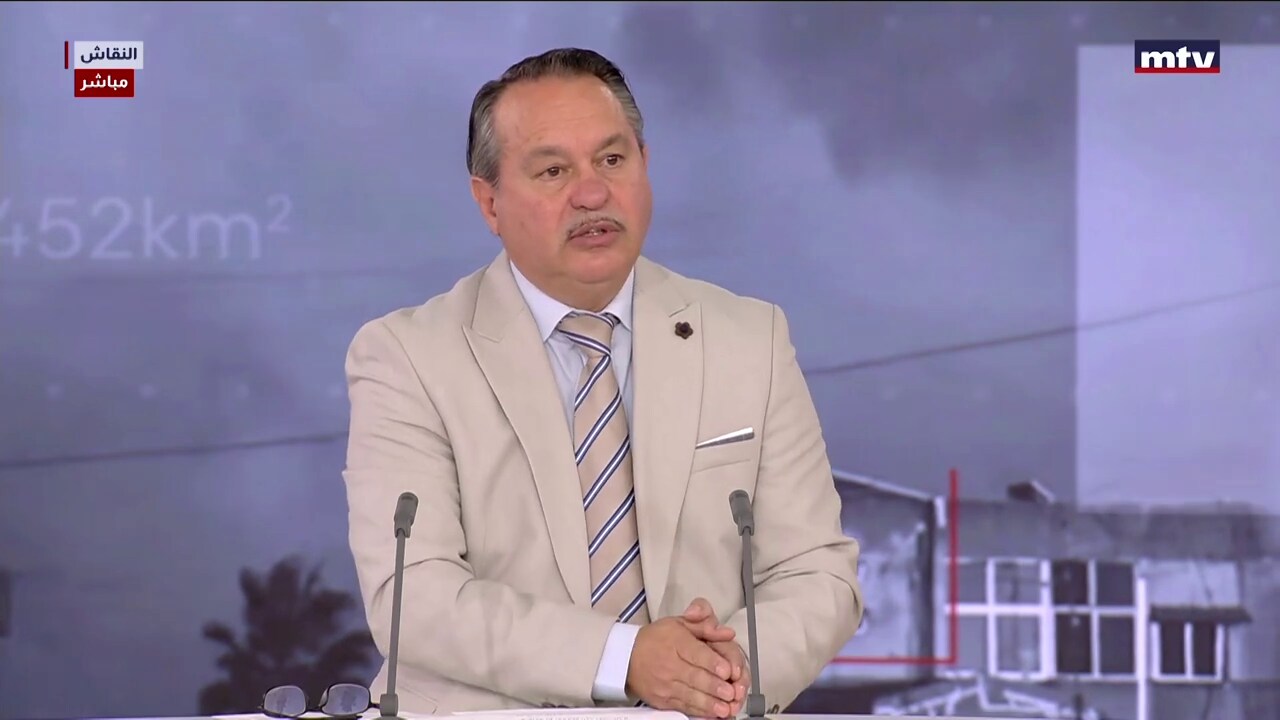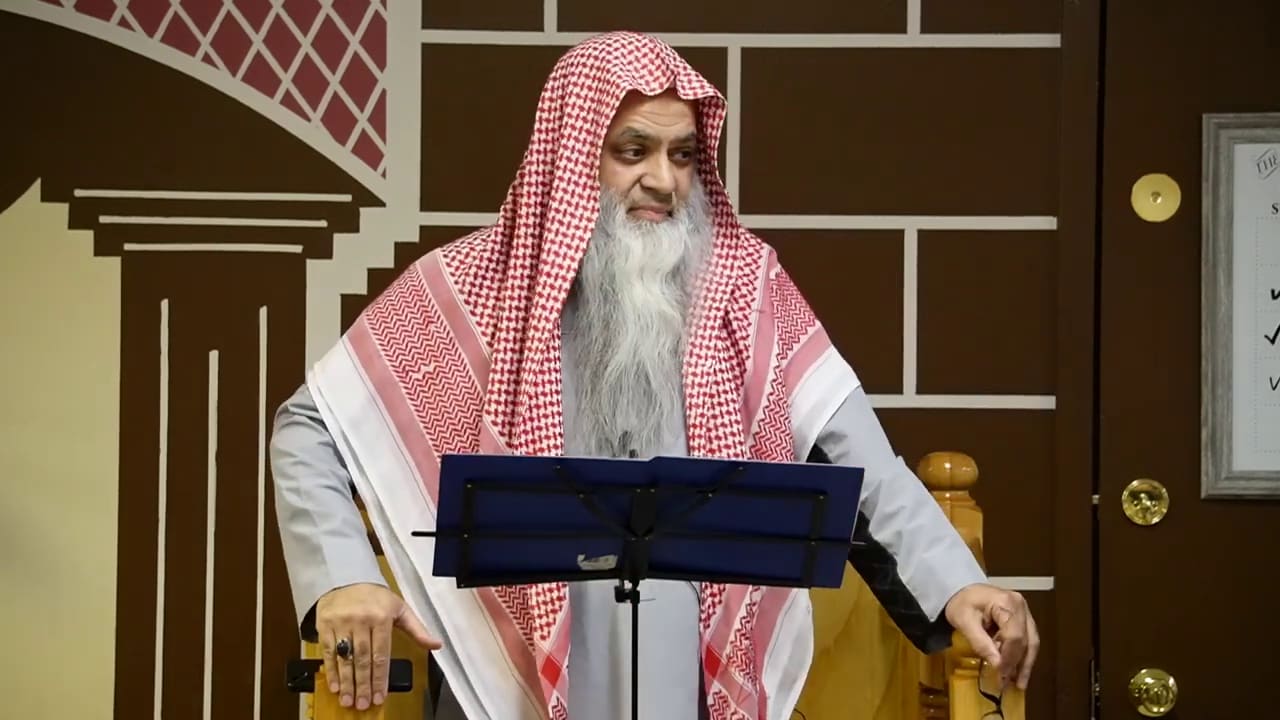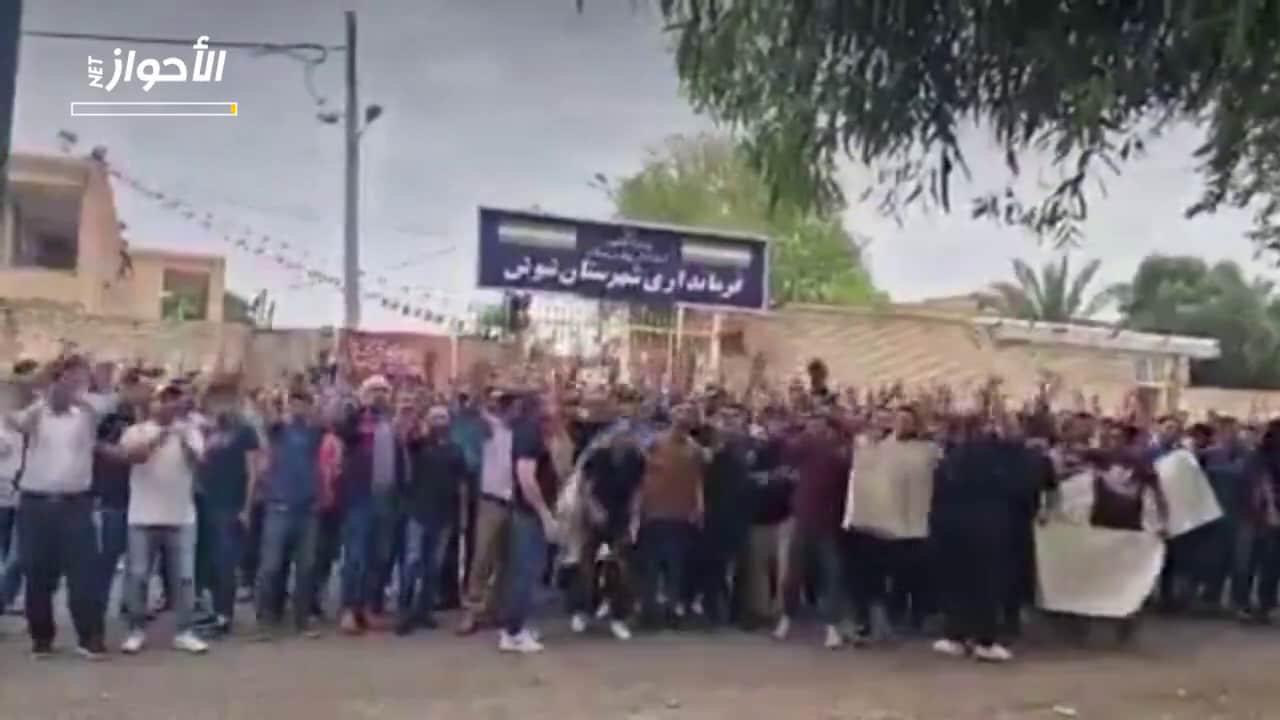
Former Lebanese Minister of Culture Prof. Ghassen Salamé, Dean of the Paris School of International Affairs, recently talked about the various conflicts in the Middle East and called for the need for compromise. In a situation in which "defeat is unlikely and victory is impossible... we had better brace ourselves for settlements," he said in a Sky News Arabia TV interview, which aired on December 18. Salamé further said that Arab societies are "not destined to be ruled by the two bad options" of religious extremism and military authoritarianism, and called for the Arab political elite to realize that "investment in society and in the citizens is the best way to confront external rivals."
Following are excerpts:
Interviewer: Considering the crises in the region in the past four years, do you think that the atmosphere is suitable for concessions, and for accepting some compromises, even if some find these compromises tough?
Ghassan Salamé: What are the realistic options available? If you presented this question to the people fighting on the ground, they would tell you that there are only two options: victory or defeat. Nobody wants to be defeated. But in my view, defeat is unlikely and victory is impossible, because if any of the [belligerent] parties finds itself on the verge of collapse, it will encounter enough support in the global or regional order to prevent its defeat. Therefore, what is realistic differs from what people want. The realistic options in these various conflicts are to freeze the conflict… This is what happened, for instance, in the Ukraine. The Ukrainians did not win, but nor were they defeated, and the same holds true for the Russians. The conflict was frozen. Naturally, the cold weather in the Ukraine makes it easier to freeze things…
[…]
The freezing of conflicts is possible. The second possible option is the continuation of the fighting.
[…]
The third option is that settlements will be reached. Settlements never please anyone, but in many cases, they are the best possible solutions. Therefore, I say that we had better brace ourselves for settlements, because as uncomfortable as they may be, they are better than to continue fighting with no hope of victory, and they are definitely better than frozen wars, which are neither here nor there.
Interviewer: As you know full well, our region has long been dominated by conspiracy theories. Today, many in the region say that everything that is happening is the outcome of conspiracies, foul play by intelligence agencies, which are intent on prolonging the crisis. You are a thinker and a politician with theories on international politics. Do conspiracy theories play any role in what is happening in our region?
Ghassan Salamé: Conspiracies are the bread and butter of international politics.
Interviewer: How does this play out in our region?
Ghassan Salamé: Any country in the world, large or small, strives to survive, to defend its interests, to destroy the interests of rival states, to gain influence in those states, and to increase its share in their markets. If this constitutes a conspiracy, then let me tell you: It is done by all governments, day and night. That is not the question. The real question is how the people of the region should respond to the policies of the superpowers – policies that you call "conspiracies." You can choose to view it as a conspiracy, about which you cannot do anything. Alternatively, you could say that this is a conspiracy, but we also conspire against the people conspiring against us. This is what usually happens among large and reasonable countries. They conspire against one another. The third option is to bemoan this conspiracy. In such a case people would laugh at us, because countries defend their interests all the time, but we call it conspiracies in most cases.
Today, we are suffering from something that emerged from the midst of our own society. The blind authoritarian regimes emerged from the midst of our own society. The extremist takfiri movements emerged from the womb of our own society. Our chronic inability to build stable states, and to reach a successful social contract with our societies, is of our own making. If other parties try to benefit from our inability to establish successful and productive countries, from our inability to consolidate the notion of citizenship in our societies, from our inability to strike a social contract between state and society…
If other countries try to benefit from this, they have a right to do so. It is legitimate. These countries are defending their interests, and we should defend our interests too, by getting our citizens used to being uninfluenced by what others want, and to adhere to the common national identity rather than to individual identities.
[…]
Facing a choice between religious extremism and military authoritarianism, many people, including friends of mine, have made their choice. They say that they would rather have a military barracks than a mosque, a military officer rather than a takfiri preacher. I hear these opinions and respect them, but I do not agree with them. I hear these opinions and respect them, but I do not agree with them. I believe that there is a third course of action. We are not destined to be ruled by these two bad options.
[…]
The choice between a takfiri preacher and a military officer is not a real choice, as far as I am concerned. If I am left with these two options alone, I choose to live in exile.
[…]
Interviewer: Some intellectuals in the Arab world say that an "enlightened dictator" is, perhaps, a necessary phase in the building of our Arab society politically. Do you agree with this?
Ghassan Salamé: I do not completely reject it.
Interviewer: They are referring to Bourguiba, of course.
Ghassan Salamé: I do not completely reject it. There is no need to go all the way back to Bourguiba. If you examine the list of the 10 countries with the highest rate of economic growth, there is not a single democratic country on it. You find there are countries such as Vietnam, Laos, and others, which experience huge economic growth without being democratic. I believe that this is true. There is a type of regime that suits each era and age. I do not completely reject the notion that democracy has failed to deliver the goods. However, if the dictators were truly just or enlightened, societies would not have seemed oppressed, just waiting for the right moment to arise and demonstrate their hatred for the regime. The reality is that dictators have never been just and enlightened.
[…]
At present, there is not a single Arab country capable of competing militarily with a country like Iran, Israel, or Turkey. Bearing in mind that these countries are united, whereas we are fragmented, we are in need of much more Arab unity and solidarity, in order to impose some sort of balance with united countries like Turkey or Iran.
[…]
I believe that until now, many in the Arab political elite have not realized that investment in society and in the citizens is the best way to confront external rivals. They still believe that encouraging involvement in politics, the empowerment of women, and the notion of citizenship, only serve to weaken the [regime] in its confrontation with others. The opposite is true.
[…]

















